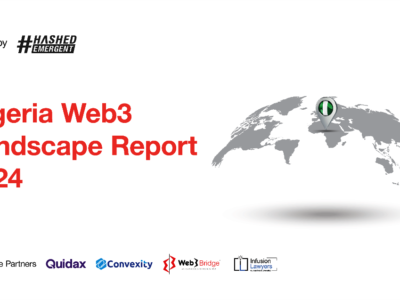By Makosi
We’re living in unprecedented times: the landscape of public accounting, one of the world’s oldest and most rigid professions, is shifting.
Clients’ needs continue to rapidly evolve; and in today’s challenging, tech-driven business environment, accounting organizations’ survival within the industry depends on their ability to successfully embrace and implement these technological disruptions for sustained, profitable growth.
RELATED: How to maximise your accounting platform investment
To remain future-fit, accounting’s priority should be immersing itself in the plethora of emerging digital solutions. This will aid in the transition from a traditional number-crunching function to more of a strategic, consultative role. In 2025, key accounting trends will help the industry achieve more with fewer resources.
THE RISE OF THE PLATFORM ECONOMY IN PUBLIC ACCOUNTING
Inspired by disruptors like Uber and Airbnb, accounting firms, or at least those that emphasize growth, are embracing platform-based models to improve agility and efficiency. By leveraging technology and on-demand global talent, firms can dynamically scale resources, matching fluctuating demand while reducing inefficiencies and overhead. This shift optimizes productivity and enhances both client outcomes and employee experiences.
The platform economy redefines traditional workforce models, enabling firms to access specialized talent, improve profitability, and stay competitive in an evolving industry. It’s not just a trend—it’s the future of accounting.
EMBRACING AI TECHNOLOGY
While AI for accounting is still in its relatively early days, its capabilities – extending far beyond basic automation – have already significantly reshaped the industry’s landscape.
Advanced analytics, robotic process automation (RPA), and AI accounting tools are increasingly being deployed to enhance audit processes, resulting in faster and more accurate analysis of financial data. If firms adopt these technologies to adapt to rapidly changing customer needs, they’ll shift from a traditional approach to a more proactive, data-driven one, with the ability to accelerate revenue streams and drive meaningful outcomes – while freeing up valuable time.
BLOCKCHAIN TECHNOLOGY & AUDITING
Blockchain technology has begun to influence audits, and accounting professionals need to understand the Blockchain fundamentals to effectively manage and audit these assets.
The technology of Blockchain has the potential to revolutionize the accounting industry by offering more transparent, secure, and efficient financial transactions that are immutable and verifiable. This significantly reduces the risk of fraud, as every financial transaction entry is transparent and tamper-proof.
SUSTAINABILITY REPORTING
With environmental protection awareness growing in the business world, sustainability reporting is fast becoming a high-priority accounting industry trend.
Accounting will play an increasingly vital role in developing the data collection processes that help businesses measure, report, and improve their sustainability performance in line with evolving regulatory requirements. Therefore, accountants should become familiar with environmental, social, and governance (ESG) reporting standards, including the Global Reporting Initiative (GRI) and the Sustainability Accounting Standards Board (SASB).
CONCLUSION
These are only a handful of the main accounting trends forecast for 2025; and with a 2024 Sage report indicating that 41% of accountants would like to dedicate more time to improving their skills, this is the perfect opportunity for firms to invest in developing their skills and knowledge programs on new technologies.
After all, using the points above to automate their traditional, repetitive tasks will go a long way toward freeing up time for accountants to focus on their professional development!




































